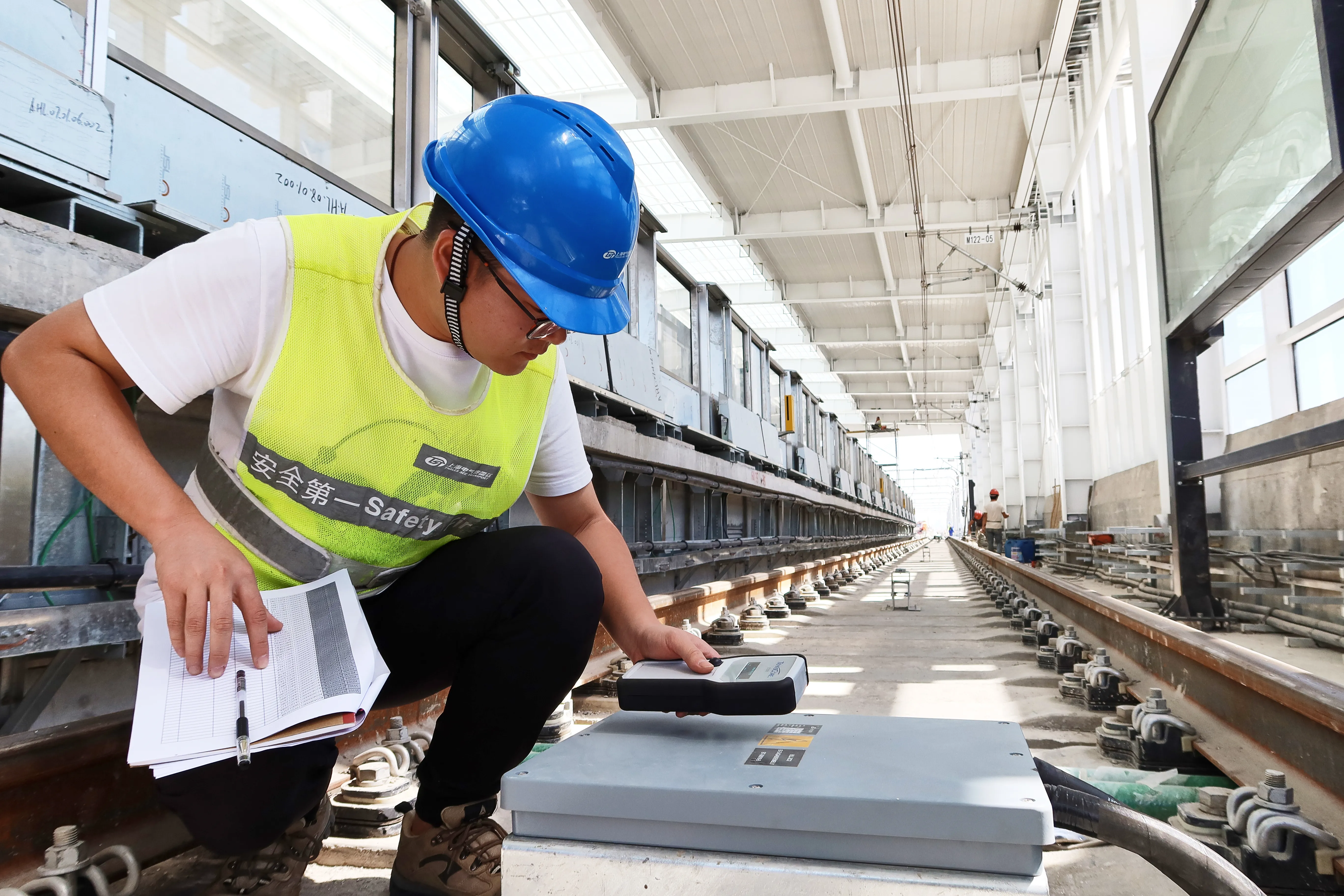More than 30 years after winning its first contract for the Greater Cairo Metro,
Thales will deploy its TransCity fare collection solution on Lines 1 and 2 of the Cairo Metro, replacing the equipment installed in the 1980s, when these first two lines were built. Under the contract, Thales will supply 850 access gates, 100 vending terminals for ticket outlets and 75 portable ticket control terminals, as well as implementing new system architecture. In addition, the TransCity central system will supervise all data generated across the existing network and accommodate future network evolutions and extensions.
The 18-month project will be conducted on one of the densest public transport networks in the world with no disruption to passenger flows. Once completed, a combination of magnetic stripe and contactless fare media technology will make it easier for passengers to access the metro system. The new fare collection equipment installed at stations on Lines 1 and 2 will improve reliability while reducing maintenance costs.
Under the second contract, in a consortium with Alstom, Thales has signed a contract to implement an integrated communications and supervision system for 15 new stations and an additional depot on more than 17km Attaba to Rod El Farag and Cairo University. This extension is one of the Egyptian authorities’ strategic investments in Cairo to increase the level of public transport services and will result in 76 months of activity.
Thales to upgrade Greater Cairo Metro
More than 30 years after winning its first contract for the Greater Cairo Metro, Thales has signed two contracts with the metro operator; the first is for an upgrade of the fare collection system for Lines 1 and 2 of the Egyptian capital’s rapid transit network and the second for a full integrated communications and supervision system for the Al Thawra extension on the line 3 (Phase 3).
Thales will deploy its TransCity fare collection solution on Lines 1 and 2 of the Cairo Metro, replacing the equipment
December 18, 2015
Read time: 2 mins








